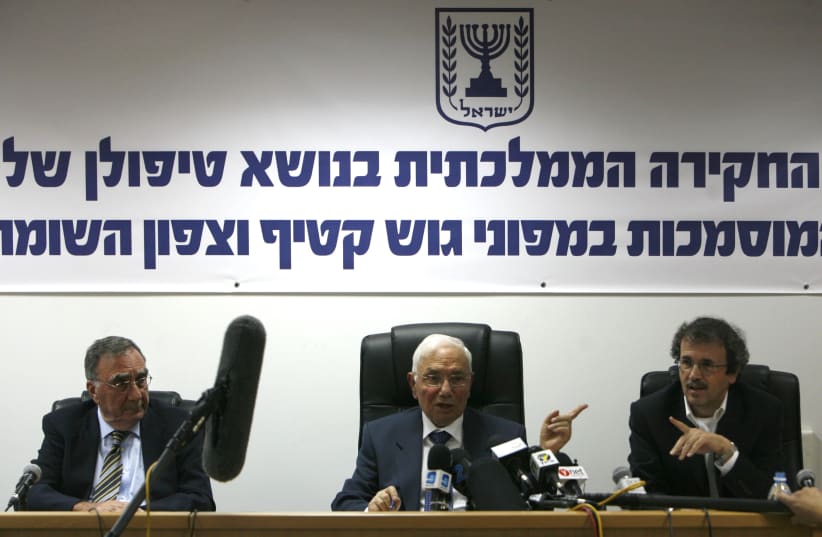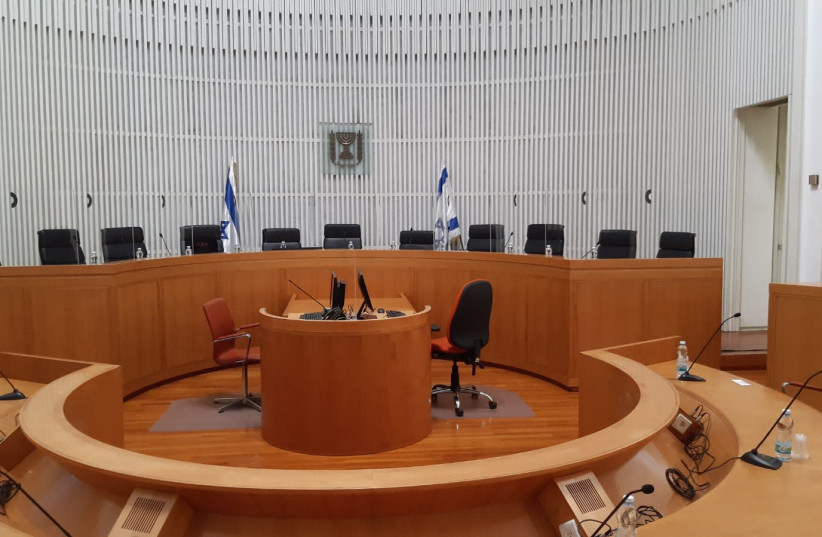Eliyahu Matza, a retired justice who served as the High Court of Justice's Deputy President, died on Friday at the age of 86.
Born in Tel Aviv in 1935 during the days of British Mandate Palestine, Matza served as Deputy President of the High Court between 2004-2005, under then-Chief Justice Aharon Barak.
Matza served as a judge for 32 years, with 14 of those in the High Court. Prior to obtaining his law degree from Tel Aviv University (TAU) in 1974, he served as a military judge in the IDF.
He then went on to become the Central District Military Court president. Known as a stern judge, he once sentenced two IDF soldiers to seven years in prison for hiding in a military outpost while refusing to aid their fellow soldiers during the Yom Kippur War in 1973, according to TAU lecturer and author Moshe Perl.
Following his discharge from the IDF, Matza served as a judge in the Bat Yam Magistrate's Court and a district court. He was temporarily appointed as a High Court justice in 1989, an unprecedented appointment, as he was only a district court judge for five years prior to his temporary appointment.
In 1991, the judiciary selection committee unanimously voted to make Matza's High Court appointment permanent. He became High Court Deputy President in 2004 and retired in 2005 after reaching the retirement age of 70.
Matza publicly voiced his objection to Basic Law: Israel as the Nation-State of the Jewish People, also known as the Nation-State Law, which was passed by former prime minister Benjamin Netanyahu's right-wing government in 2018, calling it a "shameful law" in an interview given to KAN News in 2018.
The Nation-State Law "sterilizes the democratic element of Basic Law: Human Dignity and Liberty and prepares the possibility of annexation of the West Bank," Matza said in 2018.
He also publicly expressed support for the two-state solution, warning a one-state solution "will be the end of Israel as both a democratic and Jewish state."
In 2013, he received the Knights of Quality Government award from the Movement of Quality Government in Israel (MQG).

